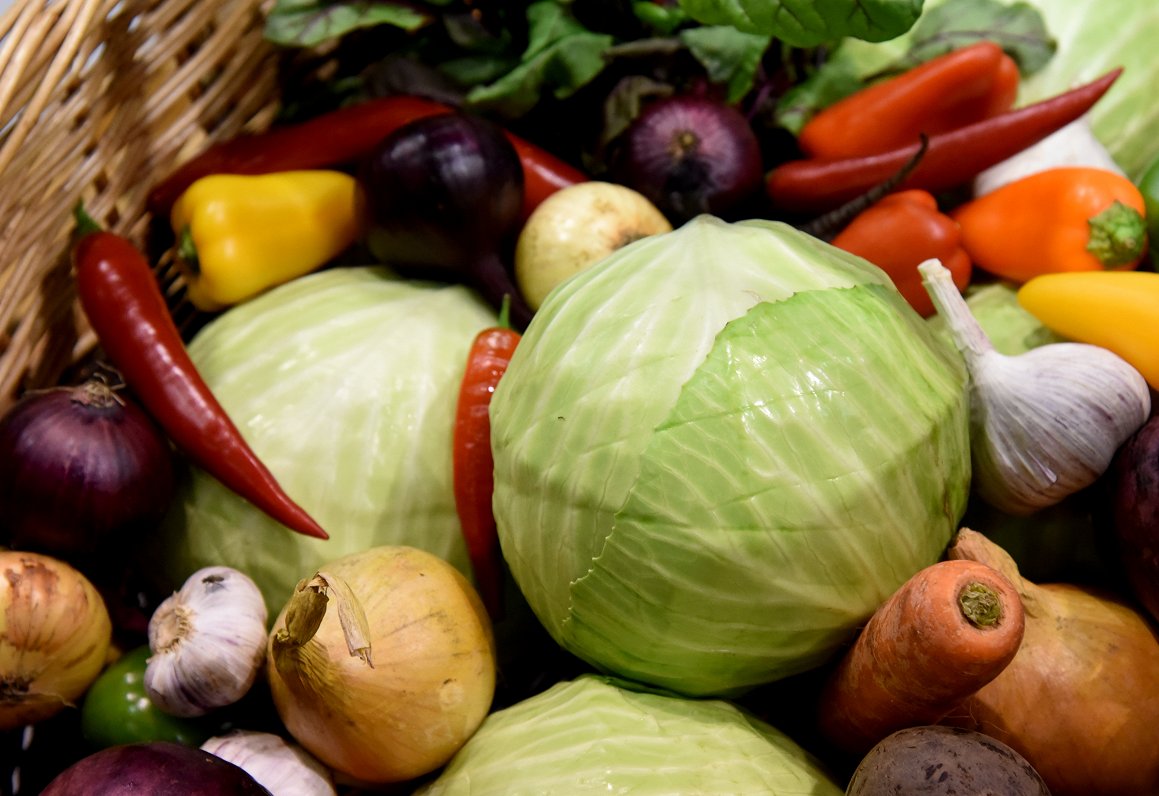Reduction of VAT rate from 22% to 5% for fresh vegetables, berries and fruit was introduced during a pilot project in 2018, setting four indicators to be achieved. The Ministry of Agriculture has just completed a final report on the results of the project and said that all the required criteria have been met.
"It was stipulated that the number of VAT payers should rise by 10% over this period. Our data shows that it has increased by 9%. The second [criterion] was a 6% increase in the turnover of goods and services in the sector. This has increased by 9%. The amount of budget losses was projected to be EUR 6 million annually, but the result is better. In 2018, it was even with a positive impact, but last year the VAT not obtained amounted to 2.2 million. All our figures are based on the information provided by the State Revenue Service," said Biruta Ingiļāvičute, specialist at the Ministry of Agriculture.
The consumption of local fruit and vegetables should also have grown by 2% annually during the project. Figures compiled by the Ministry show that it increased by 9% last year (10% in 2018). The average annual pay of the sector should have risen by 6%, and the report concludes that last year it has increased by 9% (by 11% in 2018).
Ministry of Finance believes the reduced VAT programme for the specified food group has not been successful and the calculations indicated are misleading.
“We believe that the reduced rate is not fiscally the best instrument to achieve goals. As a result of the reduction in the VAT rate, the society does not receive the expected drop in fruit and vegetable prices, so in fact the beneficiary is merely the business operator. It also requires large budget resources.
If we look at the reduced rate for fruit and vegetables, then we and the Ministry of Agriculture have different interpretations of the data. Our data show that this links to minus 3.5 million in the state budget. (..) However, there is a question about the data source, because they also conduct analysis on farmers who do not have sales of reduced VAT, but these are not relevant,” explained Kristīne Bāra, director of the FM Tax Analysis Department.
However, the Ministry of Agriculture said that the monitoring of fruit and vegetable prices carried out by the Latvia University of Life Sciences and Technologies (LLU) shows that compared to neighboring countries, Latvian prices for this food group have fallen by 11.7 percentage points. The ministry estimates a reduction in the shadow economy in the fruit and vegetables sector of around 20% over the two years.
When the matter comes to the government's agenda, the Ministry of Agriculture will encourage not only to maintain the 5% VAT rate on fruit and vegetables, but to apply it to other fresh food groups starting next year, said Ingiļāvičute.
The information report is currently being coordinated with ministries and could be reached by the government as early as next week.






























